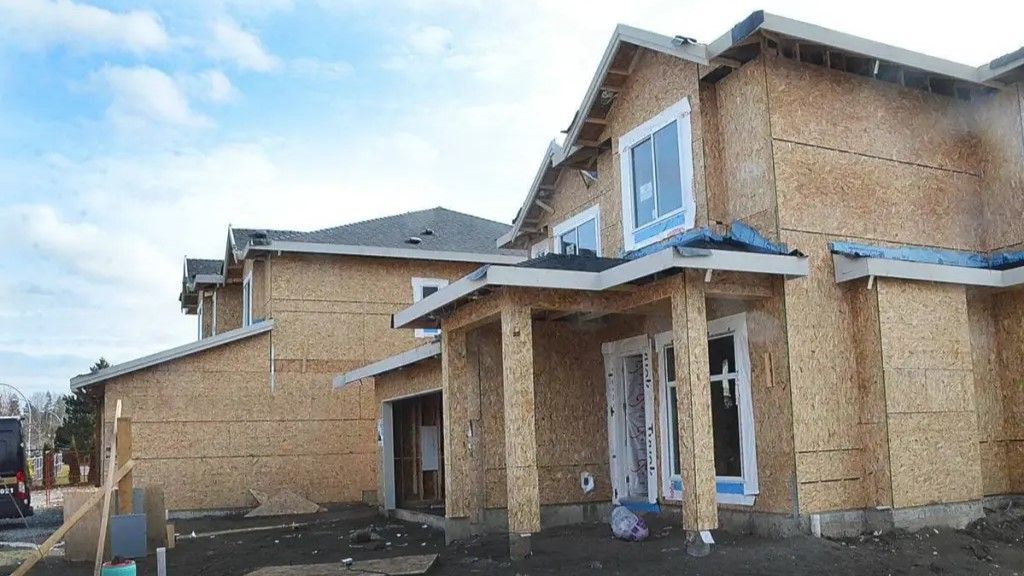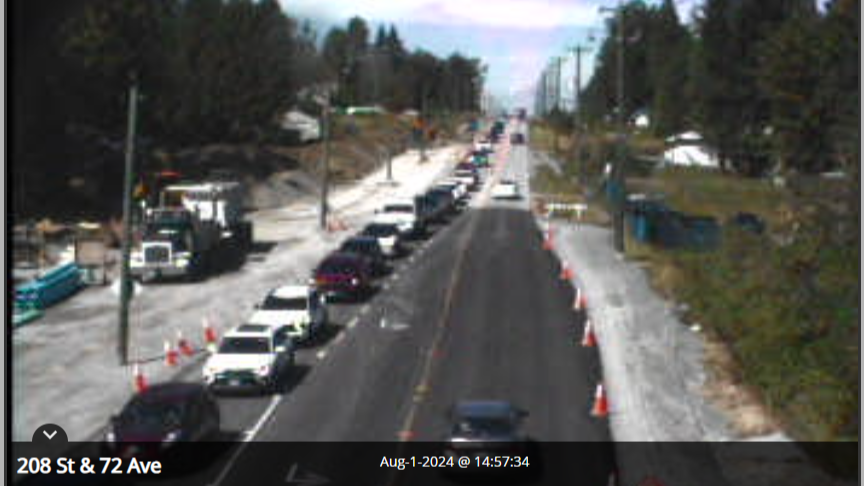Metro Vancouver home sales rise, listings fall
Mike Lloyd and Hana Mae Nassar - City News 1130 • September 15, 2021

VANCOUVER (NEWS 1130) – More people bought homes in Metro Vancouver in August but listings were down.
The REBGV says there were 3,152 home sales last month, which is a 3.4 per cent increase over the same time last year. The month saw 4,032 new listings, down 30.6 per cent from 5,813 last August and off 7.9 per cent from 4,377 in July.
“Listings activity isn’t keeping up with the pace of demand. This is leaving the market under supplied,” said Keith Stewart, an REBGV economist.
The board notes that is keeping pressure on prices, adding housing supply is the biggest factor currently at play.
“To help relieve pressure on prices and improve peoples’ home buying options, the market needs a more abundant supply of homes for sale,” Stewart said. “Housing affordability has been a key issue in the federal election.”
The board notes that is keeping pressure on prices, adding housing supply is the biggest factor currently at play.
“To help relieve pressure on prices and improve peoples’ home buying options, the market needs a more abundant supply of homes for sale,” Stewart said. “Housing affordability has been a key issue in the federal election.”
The REBGV is encouraging Canada’s political parties to put a focus on solutions that will help create “more diverse housing options for hopeful home buyers” for years to come.
The board says its multiple listing service composite benchmark price for all residential properties reached $1,176,600 in August, up 13.2 per cent from the same period last year and a 0.1 per cent increase from July.
There are currently 9,005 homes listed for sale on the MLS system in the Metro Vancouver region.
The board says its multiple listing service composite benchmark price for all residential properties reached $1,176,600 in August, up 13.2 per cent from the same period last year and a 0.1 per cent increase from July.
There are currently 9,005 homes listed for sale on the MLS system in the Metro Vancouver region.







